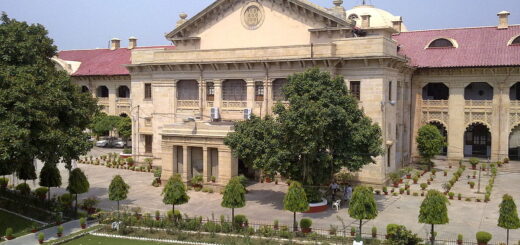The Supreme Court has rejected petitions that challenged the PoW Act because notices were not issued, stating there were too many cases. Only new grounds for intervention will be allowed.

The Supreme Court ruled today that pending Writ Petitions challenging the Places of Worship Act, 1991, without notice are dismissed. Petitioners can only file new applications if they present new legal arguments. The Court also allowed Writ Petitioners to submit fresh Intervention Applications if they address a new legal issue. This morning, the Court decided not to take up the matter right away due to the high number of pending petitions and interventions. The Chief Justice mentioned, “We will not discuss the Places of Worship Act today. There are too many petitions. We will list it for March,” before confirming a hearing date in April.
The Bench, led by Chief Justice Sanjiv Khanna and Justice Sanjay Kumar, noted the large number of intervention applications and stated that new ones will only be accepted if they bring up legal issues not already covered in the existing cases. The Chief Justice emphasized the need for limits on interventions, saying, “Last time we allowed too many.” Senior Advocate Dushyant Dave agreed, stating, “Yes, no more should be allowed.” Senior Advocate Vikas Singh asked the Union government to respond, while Advocate Nizamuddin Pasha highlighted that no counter-affidavit had been submitted despite eight previous hearings. The Chief Justice acknowledged that new petitions had raised additional legal points.
The Court decided that writ petitioners can submit applications with new arguments. It also stated that pending petitions without notice are dismissed but can be refiled with new legal points. Additionally, the Court limited new intervention applications to those that present new legal issues not already mentioned in the ongoing cases. The Court stated, “Writ petitioners can file an application raising new grounds. We must issue this order due to the number of interventions submitted. Pending writ petitions without notice are dismissed, but there is permission to file applications with additional grounds if needed. New intervention applications will only be accepted if they introduce new points or legal issues not previously raised.” The Bench has set a hearing for a group of petitions challenging the Places of Worship Act, 1991, for the week starting April 1, 2024, with a three-judge panel.
Cause Title: Ashwini Kumar Upadhyay v. Union of India & Ors. & other connected matters [W.P.(C) No. 001246 /2020; Diary No. 23509/2020]








